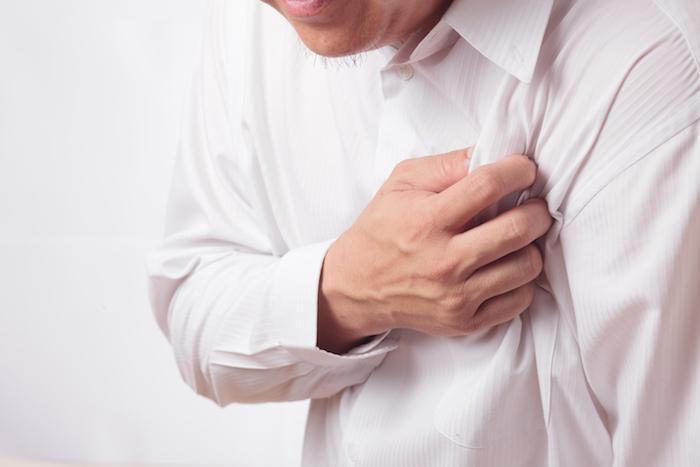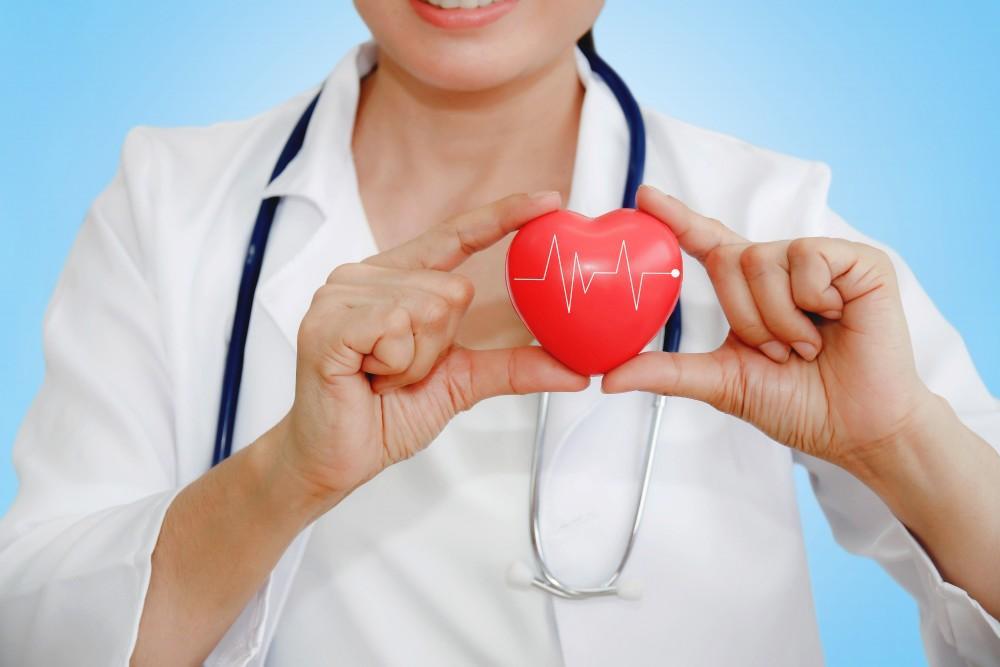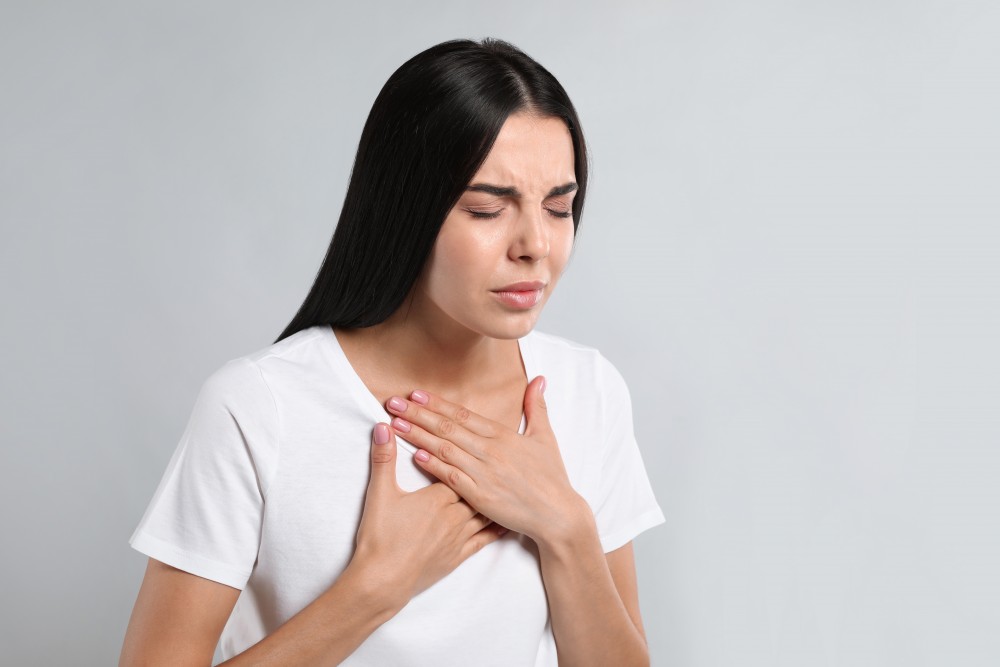Feeling the rush with your heart working overtime? There’s a name for that: tachycardia. It’s normal to feel a rapid heartbeat after you’ve been exercising, or if you’re panicking, but tachycardia can affect you in serious, long-term ways if you don’t seek treatment.
At Prime Heart and Vascular in Allen, Frisco, and Plano, Texas, Rishin Shah, MD has years of experience treating a huge variety of issues relating to the heart and its functions. When your heart is beating too fast, the rest of your body may struggle to catch up, and if this happens frequently, you should choose a provider with the knowledge and compassion to help you heal.
What’s tachycardia?
Normally, your heart beats at between 60 and 100 beats per minute. This is the speed at which your heart must work to keep your body adequately supplied with oxygen and nutrients found in your blood. Tachycardia occurs when your heart takes 100 beats per minute without the normal conditions that would typically elevate your heart rate.
Bradycardia is the opposite problem – instead of your heart pumping too quickly, your heart is pumping too slowly, meaning, less than 60 beats per minute. Bradycardia tends to occur in seniors, but is also usually a mild condition that does not affect the quality of life for those affected.
What does tachycardia look like?
Tachycardia has multiple types, all of which have overlap in symptoms. Experiencing tachycardia usually includes:
- Chest pain
- Heart palpitations
- Dizziness
- Lightheadedness
- Shortness of breath
Despite this overlap, the different types of tachycardia have their own risk factors, symptoms, and treatments.
What kind of tachycardia do I have?
There are several types of tachycardia. The type you have depends on your age, overall health, and other factors, including frequency of symptoms:
Ventricular Tachycardia
Your heart is powered by your body’s naturally produced electricity. When your sinoatrial node (SA) doesn’t receive a regular electrical signal from the ventricles, or lower chambers, of your heart, it causes a faster-than-normal heart rate. This prevents the heart’s chambers from filling with blood before contracting, thus sending an inadequate amount of blood to the body.
Risk factors for ventricular tachycardia include:
- Lack of coronary artery blood flow
- Cardiomyopathy
- Sarcoidosis
- Use of recreational drugs
- Side effects from medication
Symptoms of a ventricular tachycardia episode include shortness of breath, nausea, falling unconscious, and palpitations. Extreme cases can result in cardiac arrest.
Sinus Tachycardia
Sinus tachycardia is the tachycardia that affects a healthy heart under normal circumstances. In its normal function, your SA sends a regular electric pulse for the heart to pick up its pace. This might happen because of:
- Anxiety
- Fever
- Exercise
- Fright
- Drug use
Sinus tachycardia only becomes a concern if you’re living anemia, prone to severe bleeding, have heart muscle damage, or increased thyroid activity.
Atrial or Supraventricular Tachycardia (SVT)
SVT occurs when the heart’s upper chambers fire abnormally to the SA. Just like ventricular tachycardia, this forces the heart’s chambers to empty before they’re filled with blood, sending an inadequate amount of blood to the rest of the body. Unlike ventricular tachycardia, SVT has a wider at-risk population, and more effects, including:
- Fluttering in the chest
- Tightness or pain
- Fatigue
- Fainting
- Shortness of breath
- Bounding pulse
SVT is the most common type of heart arrhythmia, or irregular heart rhythm disorder, in children. Women are at higher risk than men, and anxiety, drinking alcohol, and smoking tobacco all raise your risk of developing SVT.
Am I at risk for tachycardia?
Though tachycardia is present in children and young adults, the likelihood that anyone will develop a type of tachycardia grows with age. If you have a family history of arrhythmia or tachycardia, you should make sure to choose an experienced provider with years of experience treating disorders that affect your heart’s rhythm.
If your heart rate has been elevated and is affecting your daily life, it’s time to call us today. We’re available at 972-295-7017, or you can book an appointment with us online.





